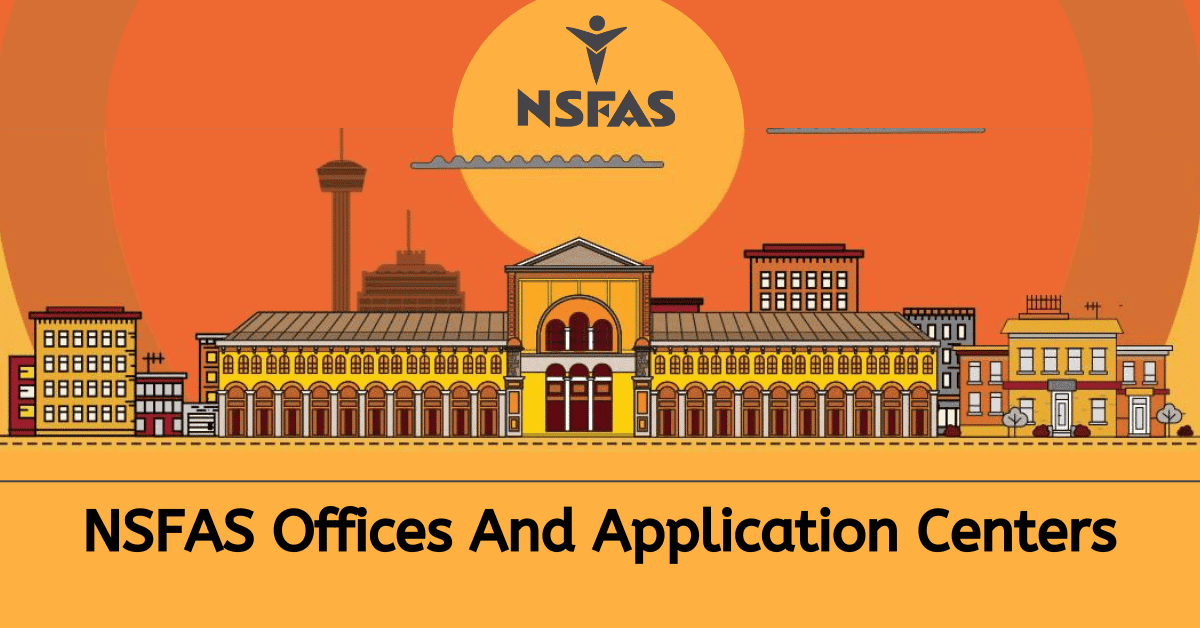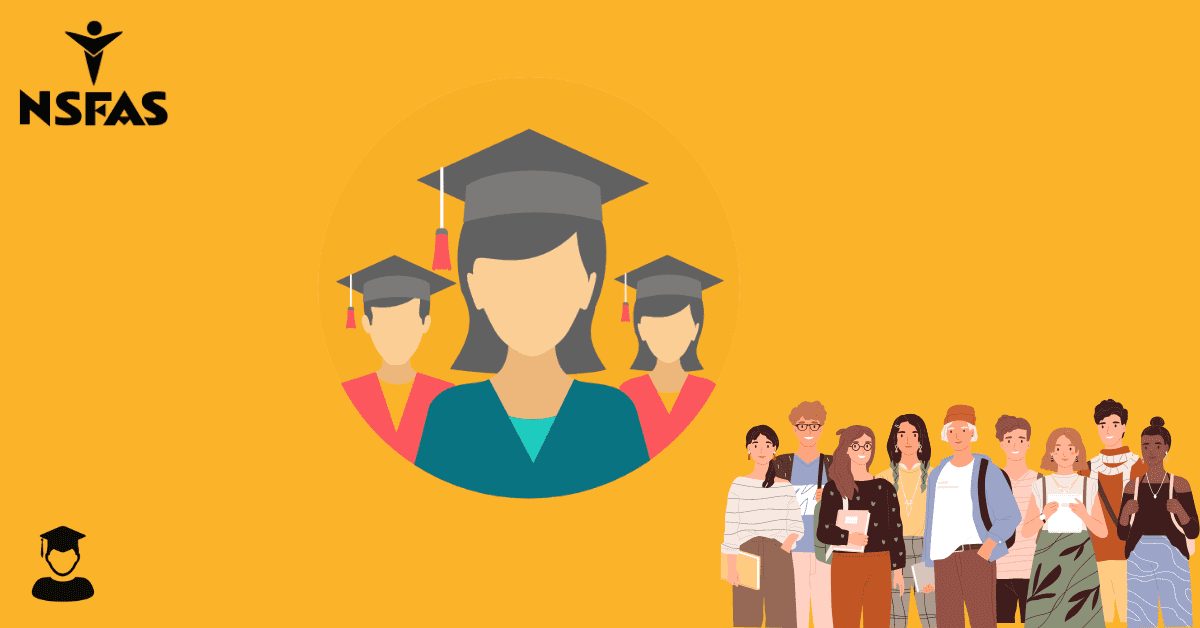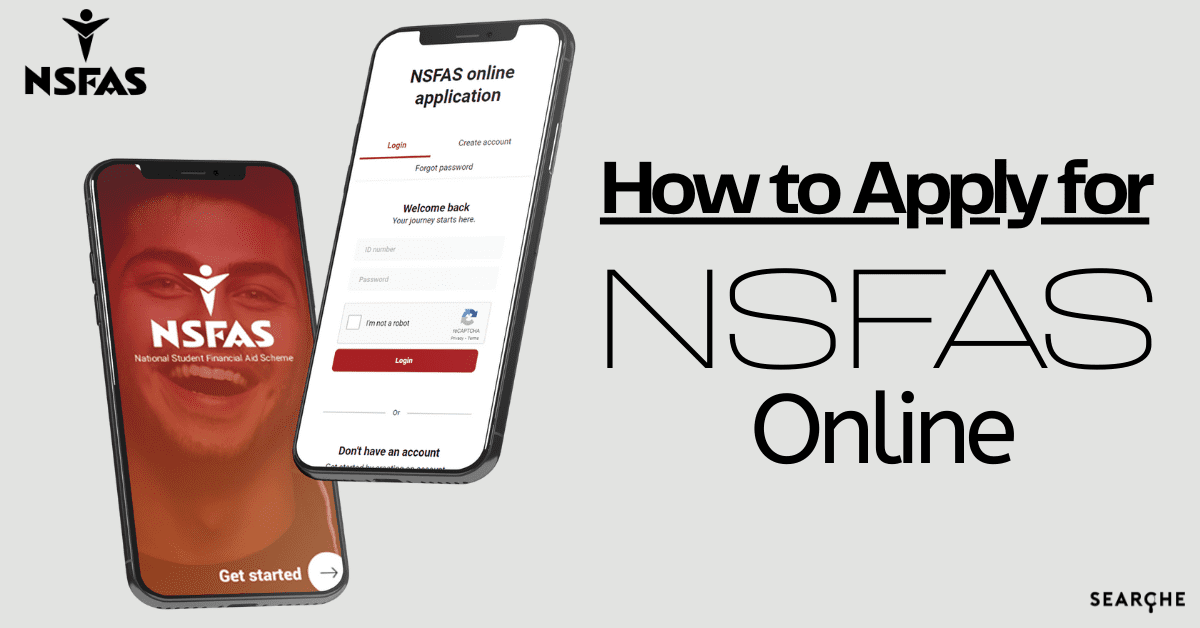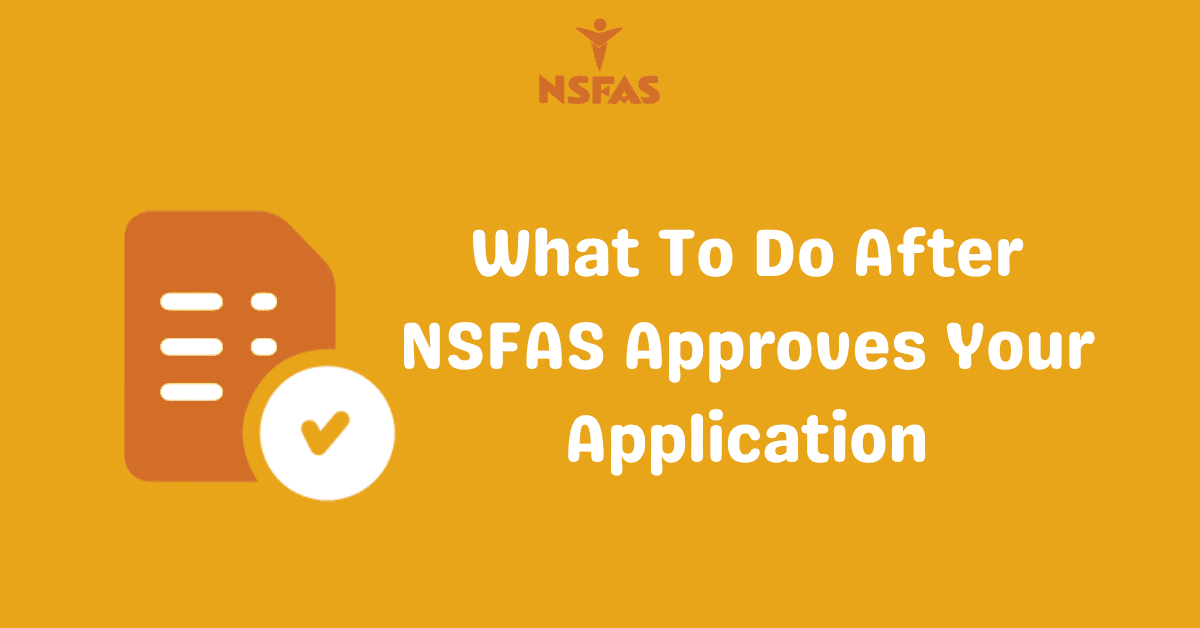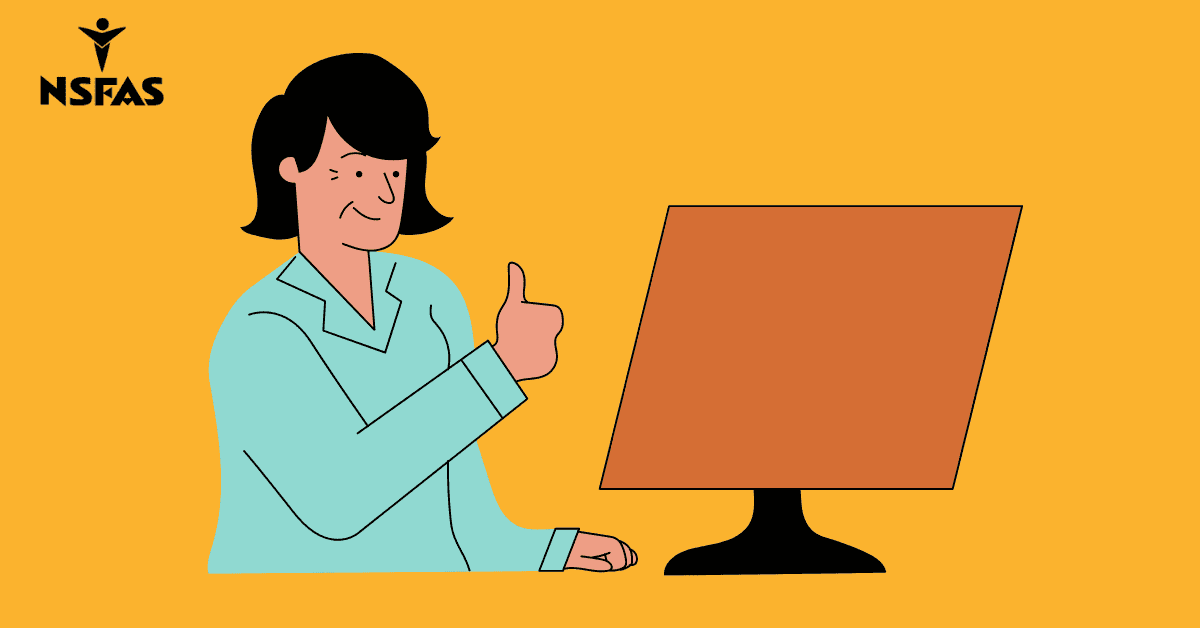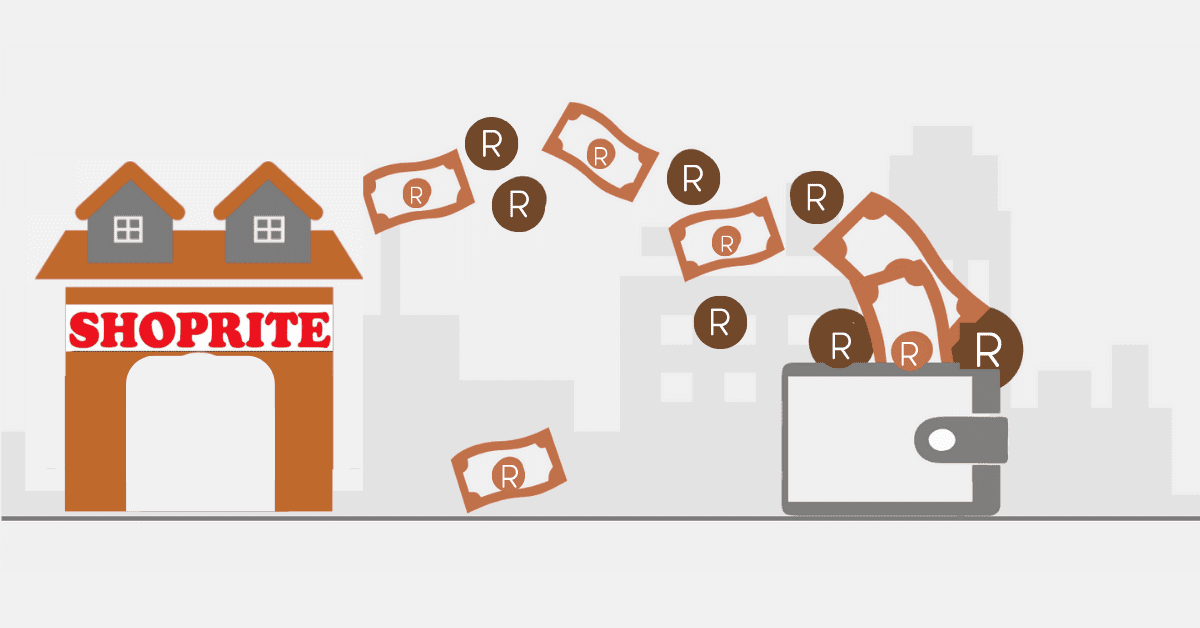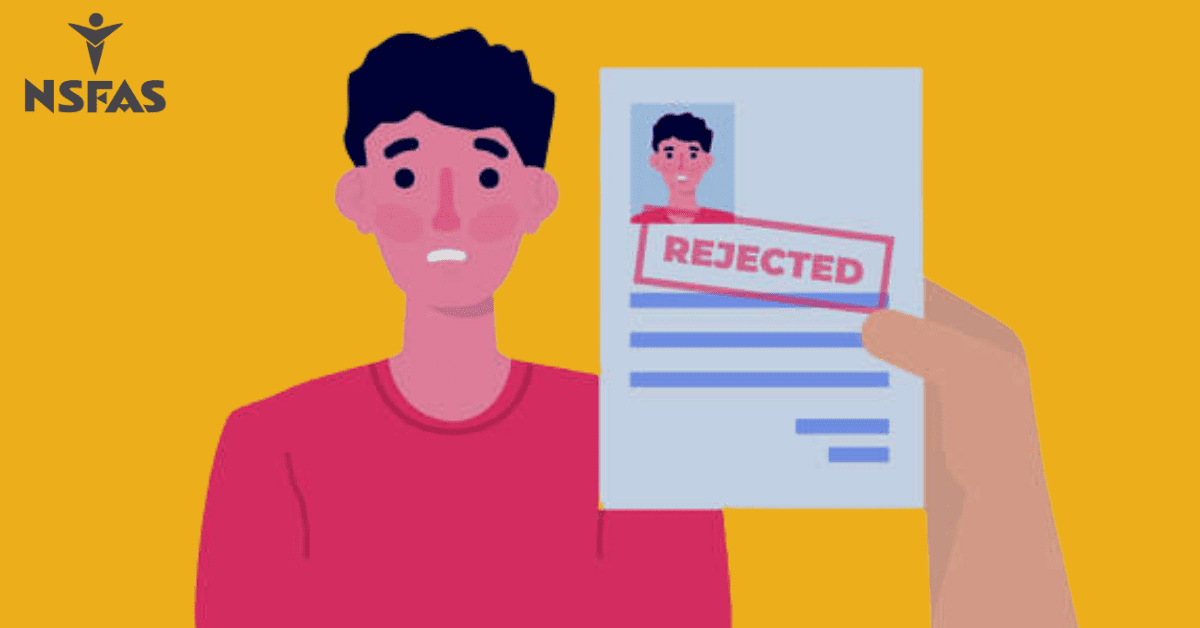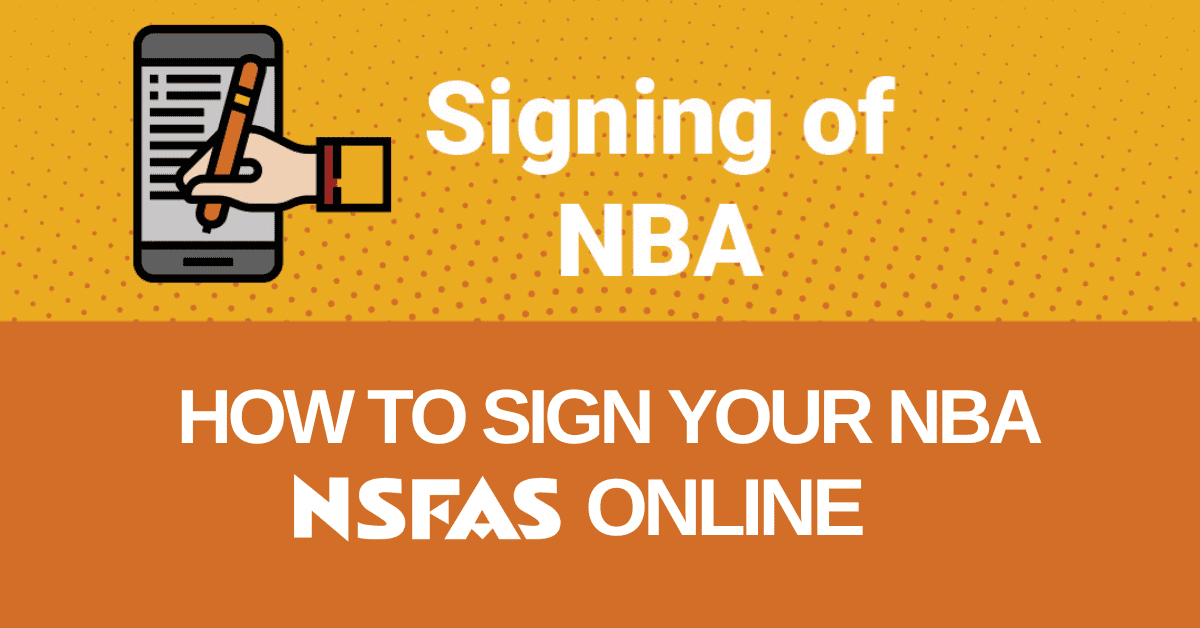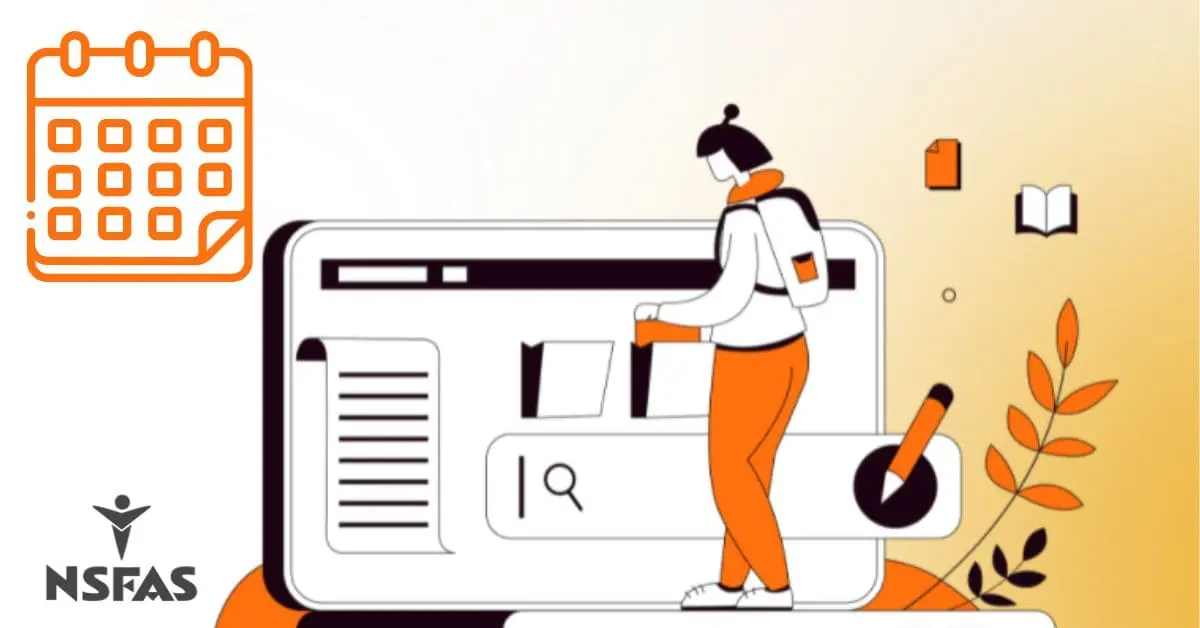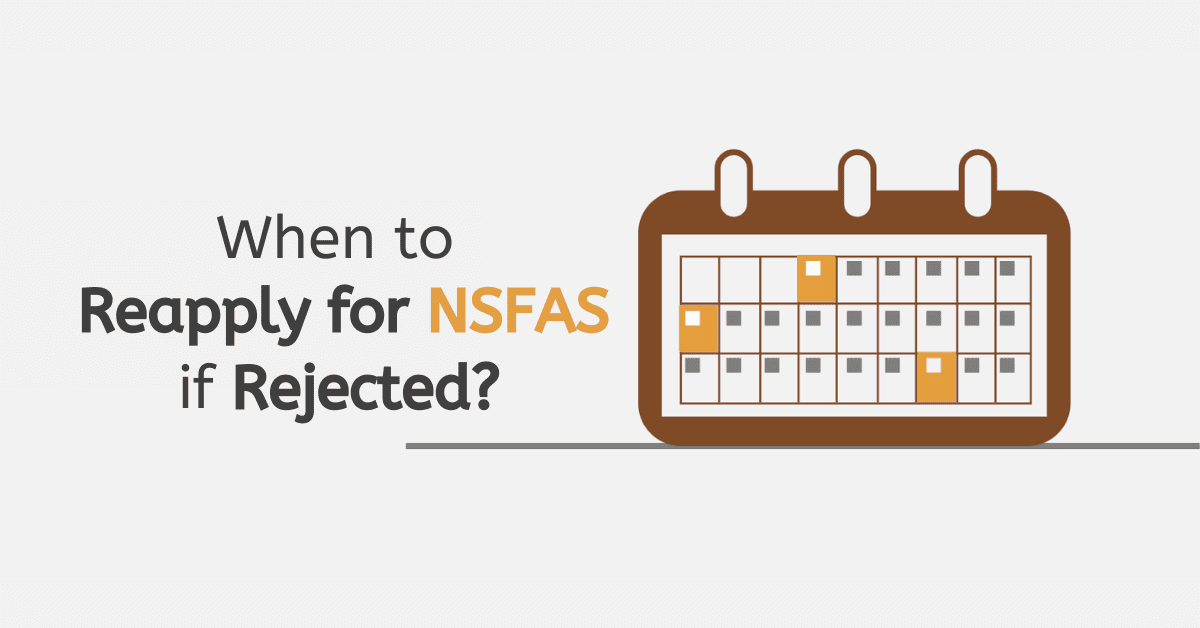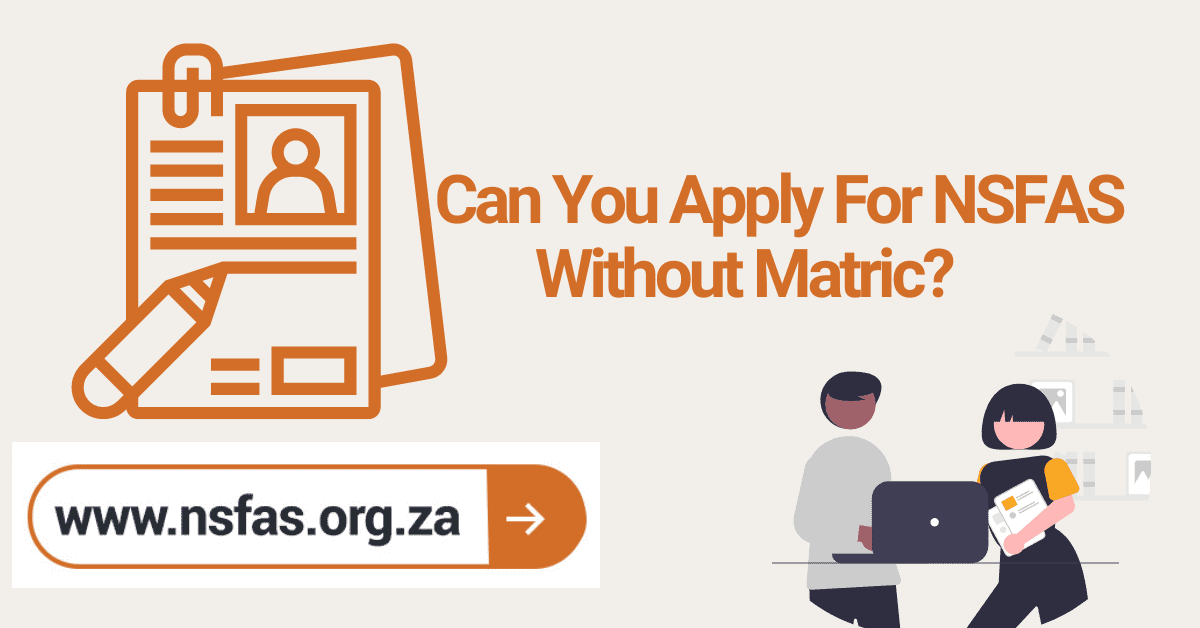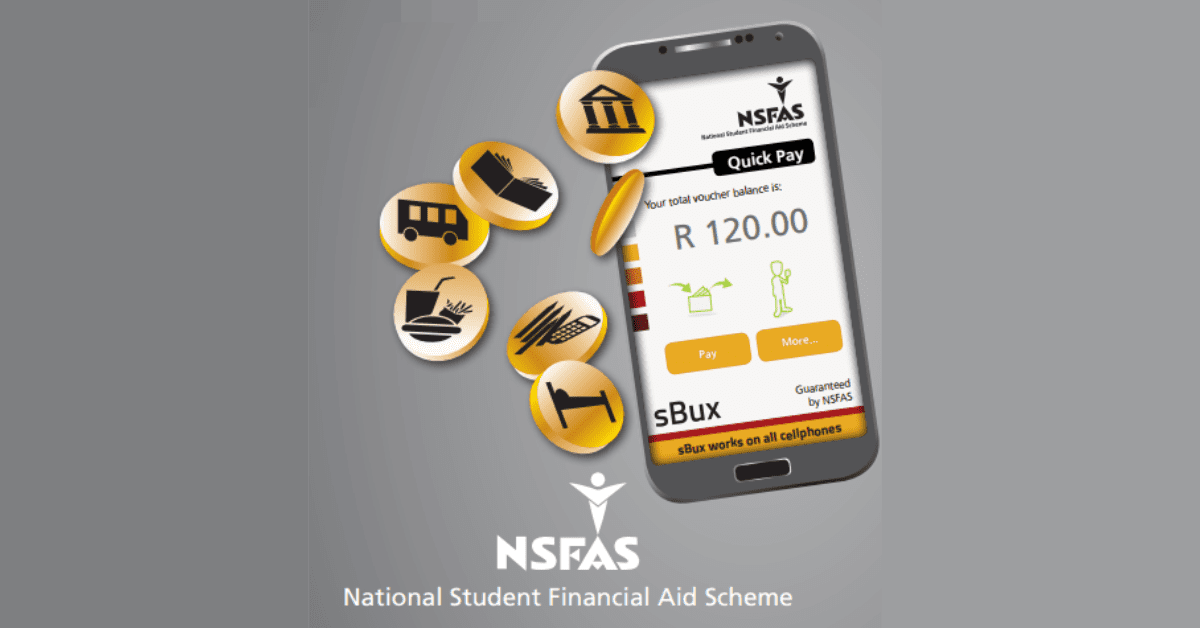The South African government’s NSFAS (National Student Financial Aid Scheme) program offers financial aid to qualified students who cannot afford to pay for their higher education. The NSFAS loan, among other things, pays for living expenses, housing, and tuition. Students who receive these loans do, however, frequently inquire about whether NSFAS assesses interest on the loans. This post will examine this query and give you all the pertinent details on the required NSFAS loans.
Does NSFAS Charge Interest on Study Loans?
Students in South Africa who cannot afford tertiary education are given study loans through NSFAS, the National Student Financial Assistance Program. A common concern among students is whether they would be charged interest on these loans. Indeed, it is the answer. It is crucial to repay your loan as soon as possible because NSFAS assesses interest on all unpaid sums.
Each financial year, which begins in April, sees the establishment of the interest rate applied to NSFAS loans. The rate at which the Reserve Bank lends to commercial banks for repurchases is called the repo rate, and it is used to compute the interest charged. Until the loan is completely repaid, interest will be charged constantly. Hence, you will be charged more interest the longer it takes to repay the loan.
Loan repayment is based on the student’s income, starting when that income reaches R30,000 or more annually. The repayment begins at 3% of the annual earnings. It then climbs to a maximum of 8% when the salary reaches R59 300 or more annually. For instance, a repayment of R900, or R75 per month, is necessary for a wage of R30 000 annually. The reimbursement will be R4 744 yearly or R395 monthly until the yearly salary hits R59 300. You can pay more than needed to repay the loan faster and lower the interest paid.
How Much Interest Does NSFAS Charge?
At 80% of the repo rate, which is the repurchase rate at which the Reserve Bank lends to commercial banks, NSFAS assesses interest on student loans. Remembering that NSFAS sets loan interest on all unpaid sums is crucial. Thus, you are advised to repay your loan as soon as possible. Every fiscal year, in April, the interest rate is decided upon.
Your loan’s interest rate will be determined by how much you owe and how long it takes to pay it off. As previously noted, the repayment amount is defined by your earnings, rising from 3% of your yearly salary once it hits R30 000 or more to a maximum of 8% once it reaches R59 300 or more. You can lower the interest you will pay on your loan by paying it off sooner. It is best to contact NSFAS directly if you want further details on interest rates and how they can affect your loan.
Do You Have to Pay NSFAS Back in 2025?
Yes, once you start earning a salary of R30 000 or more per year and are a beneficiary of the National Student Financial Aid Plan (NSFAS), you must repay the loan. When your salary exceeds R59 300 or more annually, the repayment amount increases to 8%. The repayment depends on your earnings and is computed as 3% of your yearly wage. For instance, if your annual wage is R30,000, you will pay back R900 or R75 monthly. You must pay back R4 744 annually or R395 monthly if your yearly wage is R59 300 or above that.
Notably, interest is assessed at 80% of the repurchase rate, or repo rate, at which the Reserve Bank loans to commercial banks. The importance of beginning your loan repayment as soon as feasible is underscored by the fact that NSFAS levies interest on all unpaid accounts.
NSFAS works with third-party institutions, such as the South African Revenue Service (SARS), to find employed beneficiaries earning more than R30 000 per year and negotiate payment arrangements. NSFAS beneficiaries sign a legally enforceable loan agreement contract to repay their debts. The amount owed depends on whether a student receives funding for their whole qualification or only one year. There is no deadline for repayment, and each dollar goes toward assisting additional students.
Students who drop out of school while making loan payments must still pay them back once they earn R30,000 or more annually. If a student loses their job while making loan payments, they must notify NSFAS of their change in employment status. Loan conversions into bursaries are available under specific conditions, such as passing all courses. These scholarships are determined based on academic performance.
Does NSFAS Affect Your Credit Score?
If you don’t repay your student loan as specified in your loan arrangement contract, NSFAS may affect your credit score. NSFAS may file a lawsuit against you to recover the unpaid sum if you don’t repay. This legal process may involve notifying the credit bureaus of your non-payment, which may hurt your credit score and make it more challenging for you to obtain credit in the future.
It is crucial to remember that you should get in touch with NSFAS as soon as you can to talk about your options if you are having trouble making your payments. NSFAS provides debt rehabilitation programs that might assist you in making an affordable loan repayment plan. A payment arrangement that considers your present financial condition also allows negotiation.
